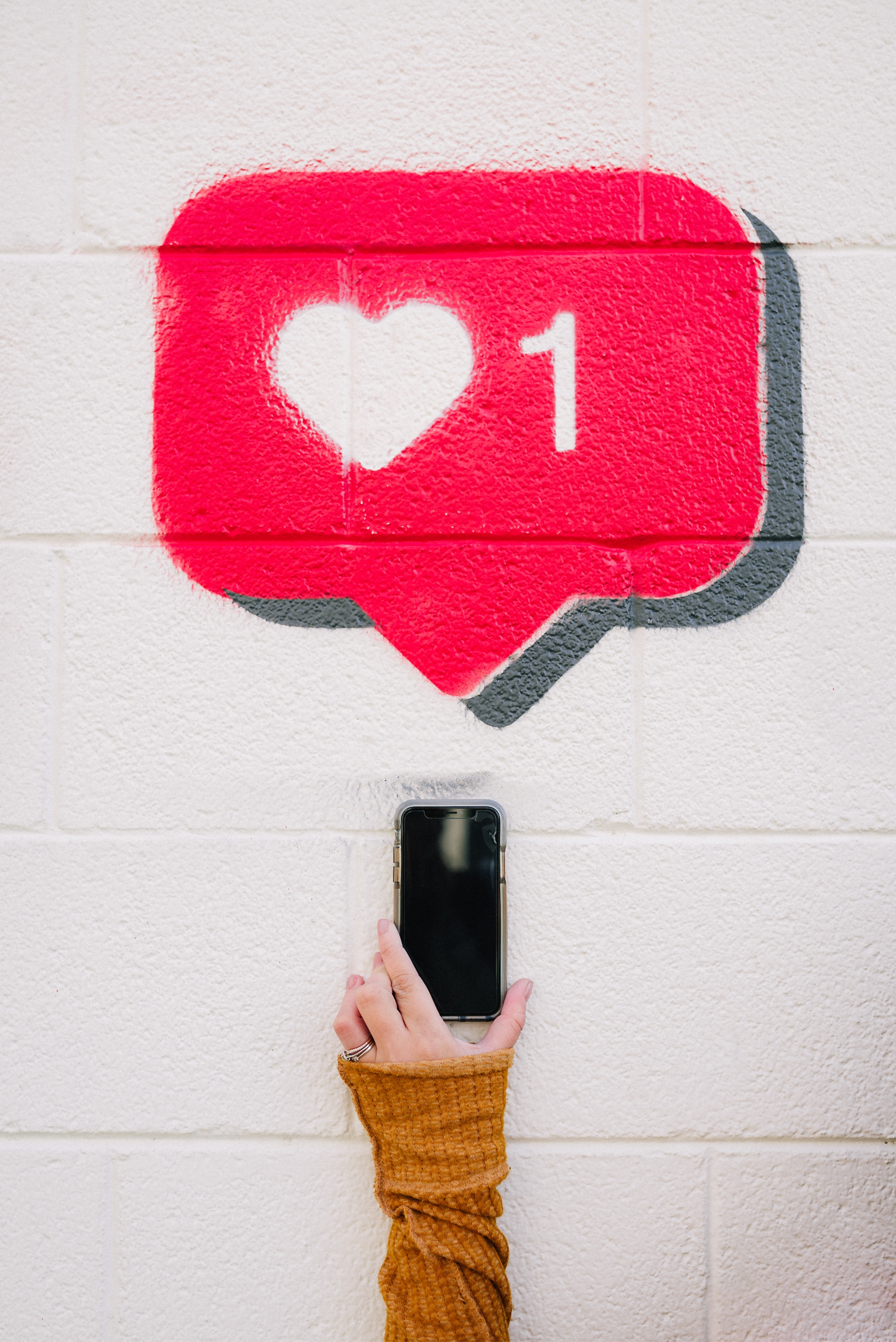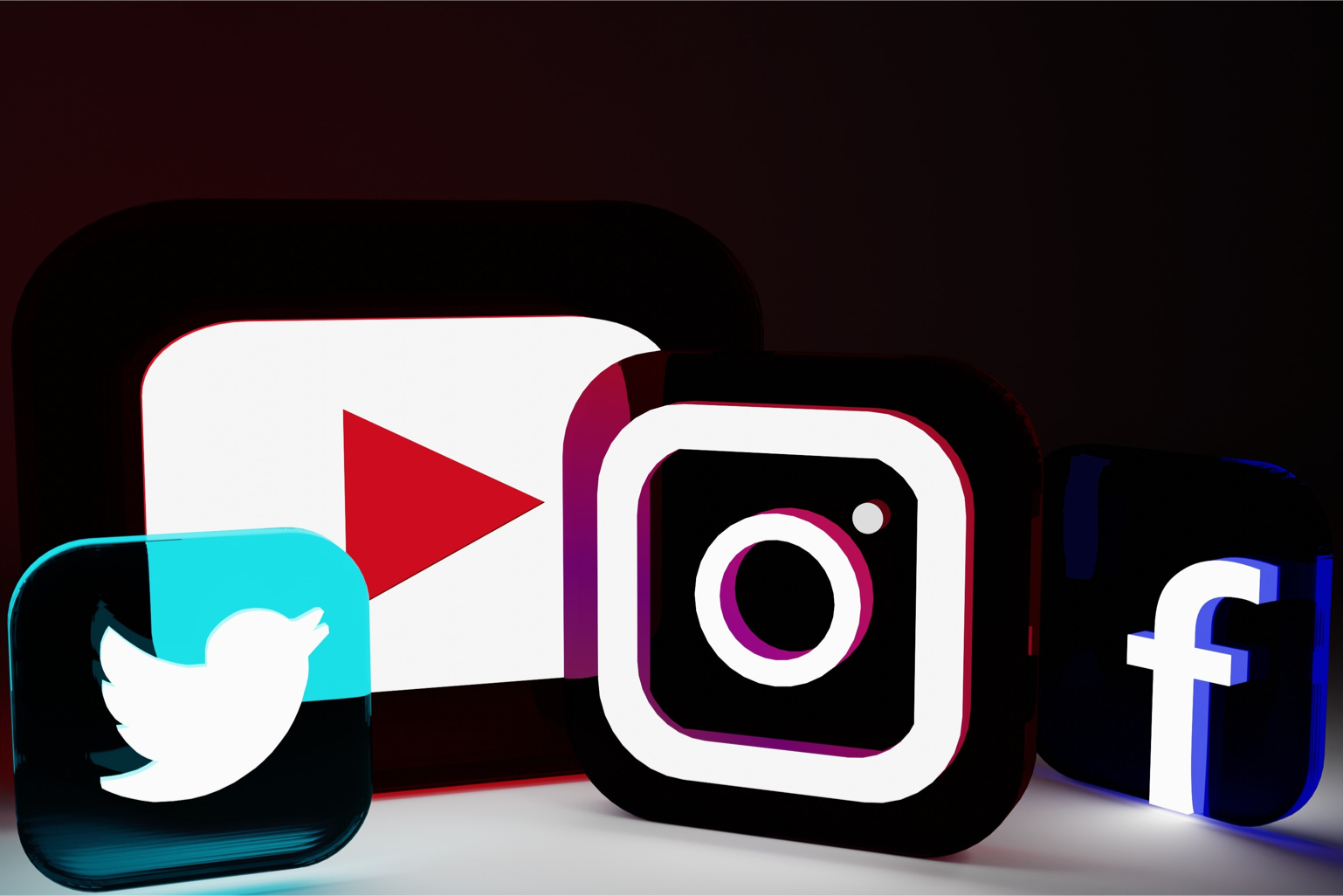In the digital age, social media has become an integral part of our lives, transforming the way we communicate, connect, and consume information. What was once a platform for sharing personal updates and photos has evolved into a powerful tool that shapes societies, influences opinions, and drives cultural and political shifts. We’ll explore the significant role that social media plays in shaping the modern world.
Global Connectivity and Communication: Bridging Distances
Social media platforms have connected people from different corners of the world like never before. Friends, family, and even strangers can communicate instantly, transcending geographical barriers. The ability to interact with diverse cultures and perspectives fosters a more interconnected global community.
Amplifying Voices and Causes: Empowerment through Digital Activism
Social media has proven to be a powerful tool for amplifying marginalized voices and promoting social justice causes. Movements like #BlackLivesMatter, #MeToo, and environmental activism have gained significant traction through these platforms. The ability to share stories, images, and videos directly from the source empowers individuals to raise awareness and challenge systemic issues.
Political Influence and Mobilization: Redefining Democracy
Social media has redefined the political landscape, offering politicians and citizens alike new avenues for engagement and mobilization. Political campaigns utilize platforms to reach potential voters, solicit donations, and share policy positions. Moreover, social media has democratized the dissemination of information, enabling citizens to stay informed and participate in political discourse. However, the spread of fake news and the manipulation of algorithms for political gain have raised concerns about the integrity of these platforms in political contexts.
Cultural Evolution and Trends: From Virality to Mainstream
Trends and cultural phenomena now often originate and gain momentum on social media platforms. Viral challenges, memes, and viral videos can rapidly infiltrate mainstream culture, influencing fashion, language, and societal norms. However, the fleeting nature of viral content can sometimes lead to short-lived societal impacts, and discerning between genuine cultural shifts and passing fads can be challenging.


Personal Branding and Self-Presentation: The Digital Identity
Social media has transformed how individuals present themselves to the world. People curate their online personas, sharing carefully selected moments and showcasing specific aspects of their lives. This dynamic has implications for mental health and self-esteem, as the pressure to maintain an idealized digital presence can contribute to feelings of inadequacy and comparison. Balancing authenticity and online image is an ongoing challenge in this digitally connected age.
Conclusion
The role of social media in shaping society has been profound, but it comes with a range of benefits and challenges. As individuals and communities, we must actively navigate this landscape by critically evaluating information, engaging in meaningful discussions, and harnessing the positive potential of these platforms. Society’s relationship with social media is continually evolving, and understanding its impacts can empower us to use these tools responsibly and thoughtfully. By staying informed, staying engaged, and staying critical, we can make the most of the opportunities presented by this digital revolution.



